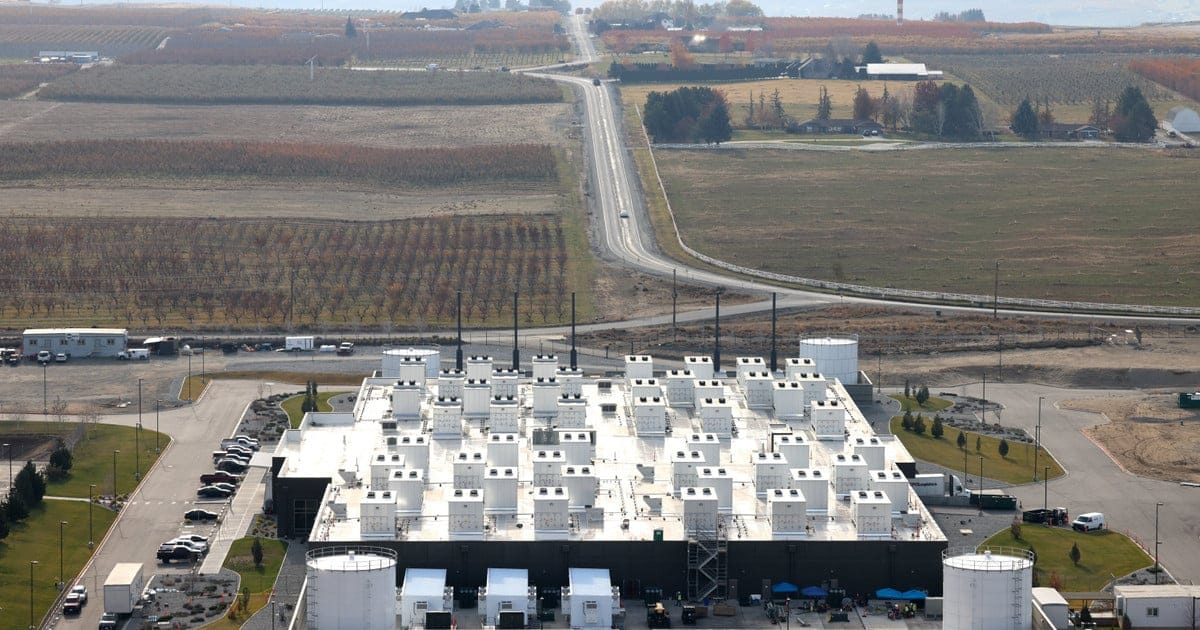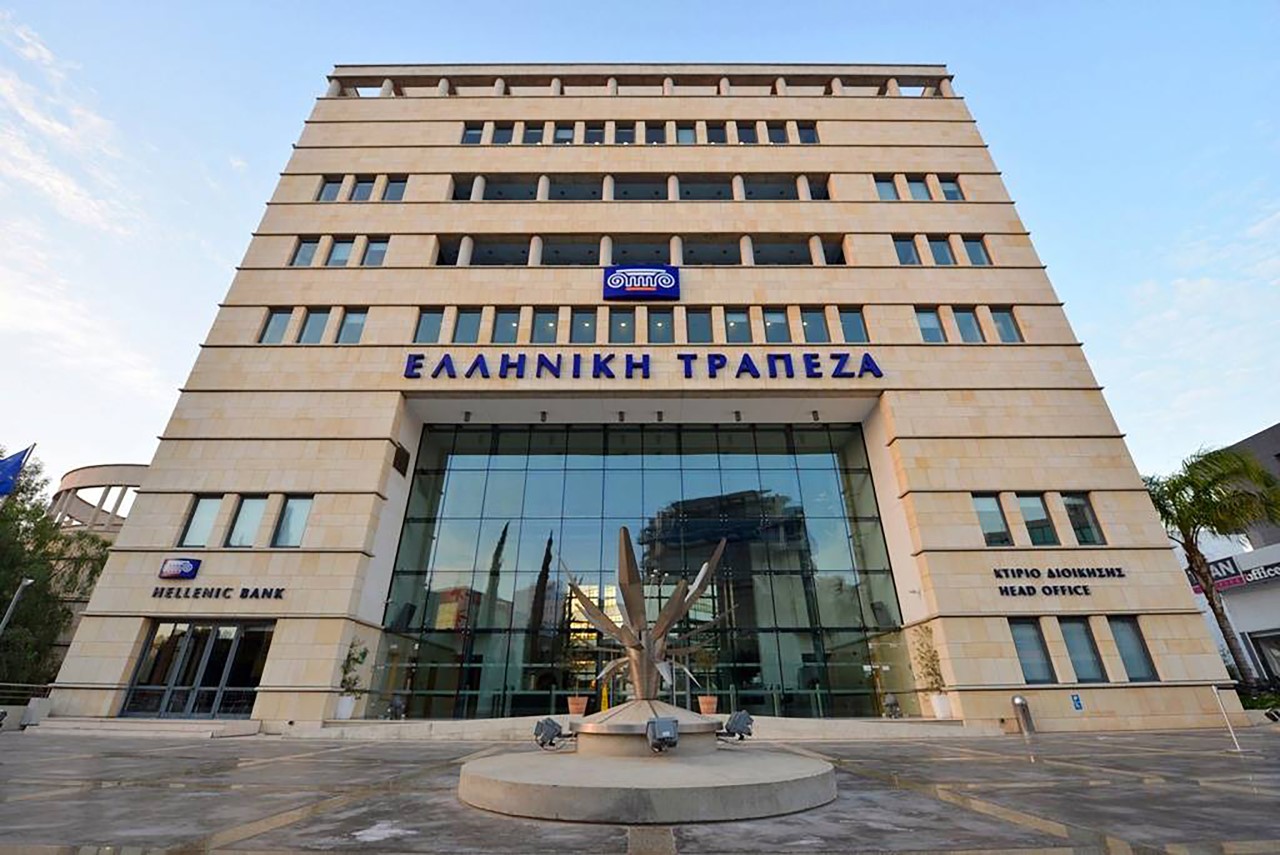Reporting Highlights
Job Promises: Washington lawmakers approved a tax break for data centers to create more jobs in rural Washington, but they can’t say how many jobs the state actually got.
Snowballing Size: Repeated expansions turned a modest program to bring a budding industry to rural areas into one of the biggest corporate tax giveaways in the state.
Unintended Consequences: The tax break rewarded growth of an industry whose massive demand for electricity could threaten clean energy efforts that Washington leaders have touted.
In 2010, as the country still reeled from the worst economic crisis since the Great Depression, tech companies, real estate developers and rural lobbyists went to the state Capitol in Olympia, Washington, to press for a tax break for data centers. Turning it down, supporters argued, would mean rejecting high-paying, long-term and environmentally friendly jobs in distressed parts of rural Washington. Owners of data centers — gargantuan facilities filled with computer servers that power the internet — were scouting Washington and other states for new homes.
State lawmakers nearly unanimously passed the special exemption and have kept the benefits flowing to the industry ever since. But the tax break has strayed from its original promises, and the state failed to fully scrutinize whether the sacrifices were worth it, a deep examination of legislative archives, public tax disclosures and utility data by The Seattle Times and ProPublica revealed. The data center industry’s demand for electricity is growing so much that it could threaten Washington’s efforts to transition to a carbon-free power grid, the news organizations recently reported.
The original premise for Washington’s data center tax incentive was to bring high-tech, green jobs to rural communities such as Quincy, in Grant County. But the tax break can now apply to data centers in downtown Seattle as well as those in rural areas. The tax break’s requirement for how many people a company must hire was quickly weakened. A modest program for a budding industry in struggling rural areas became one of the biggest corporate tax giveaways in Washington, available even to tech companies in downtown Seattle.
A state audit released seven years ago found that based on the number of tax break recipients at the time, data centers could eventually meet the jobs requirement by collectively hiring as few as 260 workers. The average annual cost to the state at that time was projected to be $53.3 million between 2015 and 2019. This tax exemption now eclipses the combined total of what the state gives all of its waning aerospace programs, including Boeing’s, taking away more than $117 million in 2023. The cumulative total since 2018 is more than $474 million. More than 65% of the savings since 2018 have gone to Washington-based Microsoft, a company with reported net earnings of $72.4 billion last year.
Proponents of the tax break, including building trades unions, maintain that the data center industry generated new property tax revenues for rural counties and created enough work for thousands of electricians and builders to boost the entire region’s economy. Washington ranked 10th in the country for the number of data centers in each state as of July, according to data center research firm Baxtel. Former Sen. Phil Rockefeller, D-Bainbridge Island, one of the few lawmakers to vote against the original data center tax break, told The Times and ProPublica that it’s very difficult to end tax breaks in Washington state once they begin. The arguments from lobbyists are too hard for lawmakers to ignore.
Early on, Washington leaders listened to the argument from data center companies and their supporters that giant server warehouses could deliver high-tech, high-paying jobs — and that without a tax break, those jobs would never materialize. It began with then-Gov. Christine Gregoire, who in 2008 proposed to give rural data centers a 50% rebate on Washington’s sales tax when purchasing replacement server equipment. Gregoire recently told The Seattle Times and ProPublica that she was concerned about unemployment in Central Washington.
Yahoo and Microsoft had halted construction on expansions to their Central Washington data centers after the state’s attorney general and revenue officials determined they didn’t qualify for the state’s rural manufacturing tax deferral program. Yahoo told Washington lawmakers that refusing to offer the company a tax break could cause the company to move its data centers to Oregon, which does not have a sales tax.
Microsoft lobbyist DeLee Shoemaker told the Seattle Post-Intelligencer that the state was “no longer competitive” for the data center industry. Cindi Holmstrom, then the director of the state’s Department of Revenue and a Gregoire appointee, told lawmakers that the governor’s proposed tax relief for data centers would bring “high-level information technology services and research and development jobs throughout Washington state.” (Two years later, Holmstrom became a lobbyist whose clients included Microsoft.)
The first among many upsides was an “immediate stimulus of jobs.” “Every citizen in Central Washington will benefit from this legislation whether you are a techno geek or not,” Makin wrote. Parlette said in a recent interview that she didn’t think the tax break brought in as many jobs as people expected at the time. The jobs argument came back routinely over the years as lobbyists returned to Olympia to seek expansions of the tax break.
House Finance Committee Chair April Berg said, “It was definitely thought that if we did not have this particular exemption, we would not have this industry any longer in our state.” But it’s unclear how essential the tax break was to landing data centers in Central Washington. In 2011 and 2012, several tech companies expanded or built new data centers in Oregon while Washington’s data center tax cut briefly lapsed.
Microsoft and Yahoo had plenty of reasons other than tax breaks to locate in Central Washington, including the region’s clean, low-cost hydropower. Tech companies have also built data centers in Silicon Valley despite California’s lack of tax incentives to do so.
Washington’s Top Five Data Center Tax Break Recipients
- Microsoft led the way with more than $300 million in total taxes exempted from 2018 to 2023.
Greg LeRoy said tax breaks are “pocket lint” in the true calculus of siting data centers. “If you’ve got cheap hydropower, you’re going to get a lot of data centers,” LeRoy said. “Nobody had to abate anything to get those deals.”
Broader Eligibility, Lower Expectations
After accepting the industry’s case that the tax break would create good jobs in 2010, the Legislature almost immediately began loosening the law’s requirements for job creation. The original bill required each data center to create at least 35 permanent positions at 150% of the surrounding area’s average personal income.
The Revenue Department counts the entire Washington workforces of companies getting tax breaks. In 2022, it counted all 70,379 Washington employees of Microsoft. Every programmer, office assistant and executive in Redmond was included. Microsoft told The Seattle Times and ProPublica that as of July, it employed 417 people in its Washington data centers. In 2023, Microsoft avoided paying nearly $68.4 million in taxes for those data centers.
In some cases, data center companies reported zero statewide employees but received the tax break anyway. State Sen. Karen Keiser said she didn’t know that the Revenue Department does not share site-specific employment information. After an interview with The Seattle Times and ProPublica, Keiser emailed the Revenue Department to ask for site-specific job numbers and was denied.
Postponed Auditing
Even state watchdogs responsible for auditing tax breaks have not kept close tabs on this rapidly growing tax cut. Lawmakers have ordered five-year reviews of another major tax break recipient: the aerospace industry. But with data centers, they left scheduling up to its Joint Legislative Audit and Review Committee and Citizen Commission for Performance Measurement of Tax Preferences.
Those committees published their first and only attempt at analyzing the data centers tax break in 2017. They found that data centers increased property tax revenue in Grant and Douglas counties by $17.7 million while losing $12.1 million in exempted local sales taxes.
Since then, data centers have grown to account for more than 25% of Grant County’s tax base. The assessed value has helped Quincy build new infrastructure including an $80 million high school and a $55 million hospital project.
Washington state Sen. Bob Hasegawa said without specific disclosure required by state law, such tax preferences lie under a “veil of secrecy.” He has tried to add transparency and clawback measures for various state tax breaks with little success.
Eli Sanders contributed research while a student with the Technology Law and Public Policy Clinic at UW School of Law; Miyoko Wolf contributed research.






